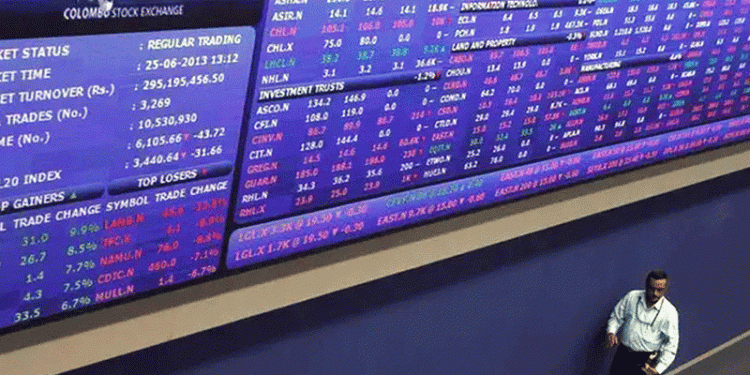Asian markets rose on Monday, with Tokyo cheered by the yen hitting a five-year low against the dollar, while traders are in a broadly upbeat mood as they wind down for the end of a mixed year.
Wall Street provided a soft lead as investors prepared for the end of a year that has seen Tokyo enjoy its best performance in more than four decades, while Chinese stocks were the worst performer in the region.
Tokyo rose 0.38 percent by the break, Hong Kong added 0.51 percent, Sydney was 0.46 percent higher, Shanghai gained 0.50 percent and Seoul was flat.
Manila was closed for a public holiday.
The Nikkei, which is closed on Tuesday, ended the year on a high as the yen suffers further selling pressure thanks to the positive outlook for the global economy. The index has surged more than 56 percent over the past 12 months, the best annual performance since 1972.
Exporters were the main beneficiaries as the weaker yen makes their goods cheaper overseas.
The dollar bought 105.41 yen in early trade, its highest since October 2008, compared with 105.13 yen in New York Friday. The euro sat at 144.81 yen against 144.37 yen in New York, after touching 145.69 yen Friday, also its highest its highest since October 2008.
The single currency bought $1.3748 against $1.3743.
The euro has enjoyed strong buying after German Bundesbank President Jens Weidmann, who sits on the European Central Bank’s Governing Council, last week told a German newspaper that soft inflation should not justify unfettered monetary easing.
On Wall Street the Dow edged down 0.01 percent and the S&P 500 dipped 0.03 percent after ending at record highs again in the previous session. The tech-rich Nasdaq slipped 0.25 percent.
In Shanghai shares were a little higher Monday but dealers remain wary about a slowdown in the Chinese economy, while there are also worries about growing debt in the country that some analysts fear could hammer the financial system.
Eyes are this week on the release of manufacturing data from around the world, which will provide the latest snapshot of the state of the global economy.
Global markets have seen an up-and-down year, with most enjoying strong buying in the first half thanks to the US Federal Reserve’s stimulus programme, which provided cheap cash for investment in mostly emerging economies.
However, traders began pulling out from May after Fed chief Ben Bernanke said it could begin to wind down its bond-buying operations as the US economy showed signs of strengthening.
In oil trade New York’s main contract, West Texas Intermediate (WTI) for February delivery, was down seven cents at $100.25 in early Asian trading while Brent North Sea crude for February gained two cents to $112.20.
Gold fetched $1,213.10 at 0100 GMT compared with $1,211.56 late Friday.
Source: AFP


























